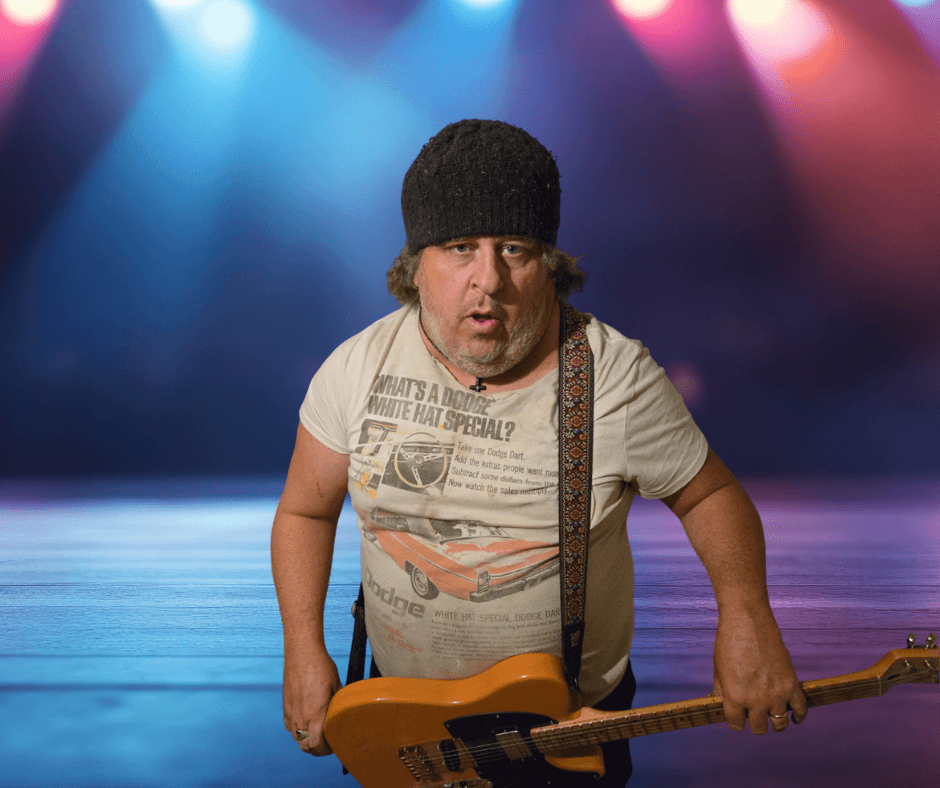We were lucky to catch up with Will Fletcher recently and have shared our conversation below.
Hi Will, thanks for joining us today. Are you happier as a creative? Do you sometimes think about what it would be like to just have a regular job? Can you talk to us about how you think through these emotions?
Absolutely, I am truly happy as an artist and creative. For the past 16 years, my work has brought me immense joy, and I genuinely cannot imagine doing anything else at this point. I’ve experienced regular jobs before, but after dedicating so many years to my craft, the line between what is and isn’t a ‘regular job’ really starts to blur.
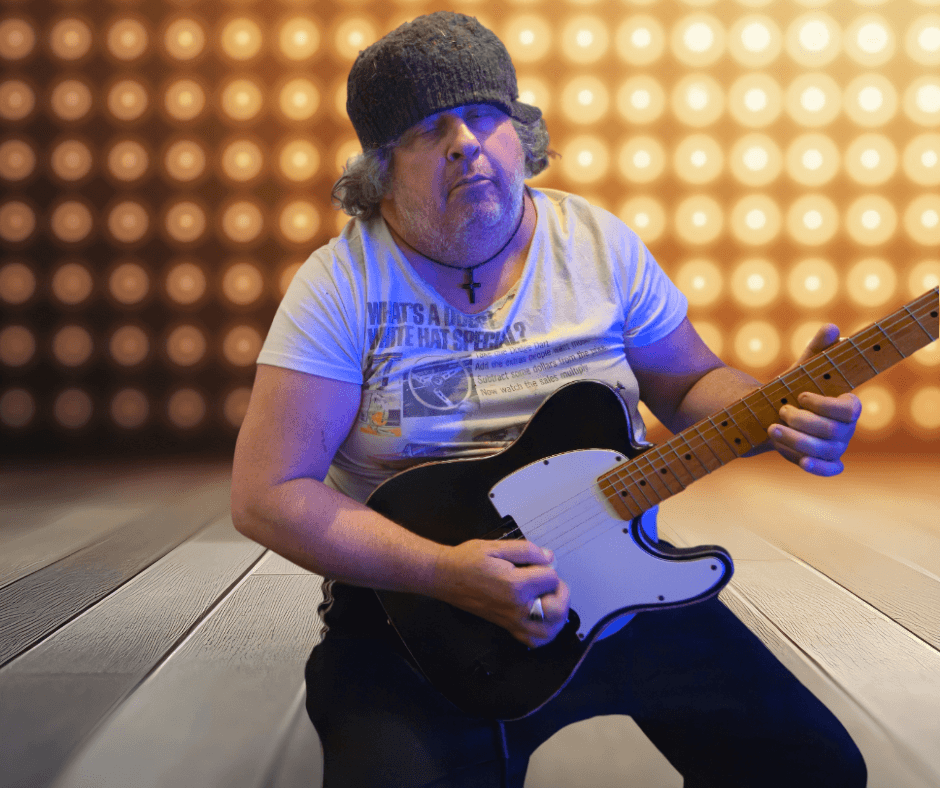
Great, appreciate you sharing that with us. Before we ask you to share more of your insights, can you take a moment to introduce yourself and how you got to where you are today to our readers.
My career began in Knoxville, Tennessee, while I was still in high school. I connected with peers who shared my creative interests, and together we actively sought out opportunities to perform, writing songs and refining our craft. Over time, our bands improved, our audiences grew, and the experience became more rewarding. My most successful band from that era was Dynamo Humm; we played memorable shows, earned recognition in College Music Journal, and established a solid reputation across the Southeast.
In the late ’90s, as technology—especially the Internet—began reshaping the music industry, I spent time in Mill Valley, California, collaborating with producer Scott Matthews. Around 2001, he noted the industry’s financial struggles, prompting me to focus on keeping my music fresh, knowing the Internet was emerging as the leading platform for artists.
My work today is varied: I write for clients, produce albums for solo artists—including a talented student, Bright Aku, whose record gained substantial social media attention—and teach guitar, drums, bass, vocals, and piano. For the past 16 years, I’ve dedicated myself to producing, writing, and instruction. A highlight was a three-year partnership with Michelle Williams at Knoxville’s Open Chord club, where we performed our original work to enthusiastic audiences every weekend. We’re currently working on a live album together.
I’ve worked closely with vocal student Lindsey Howard, who earned a University of Alabama musical theater scholarship. We have a great song, “Not Right There Anymore,” which was recently remastered and is available on my website.
In 2019, I released two albums, “Roaring One” and “Roaring Two,” featuring several of my students—some still study with me. Working with my father on “Roaring One” was especially meaningful. “The Vaccines,” recorded during the COVID-19 pandemic, was a double album, followed by my recent release, “Blackboard Jungle,” in 2024.
Collaboration remains central to my work; in 2023, I worked over Zoom with my Los Angeles student Greg Shulman, helping shape his song “Send It Off,” which was featured in the Netflix series “Ginny and Georgia.”
As a producer and instructor, I always stress the importance of ‘staying in the performance.’ For students, real focus during a song is crucial—many distractions can intrude, but the goal is to fully engage with each three-and-a-half-minute performance. I’ve helped students develop this focus, and those who succeed do so by truly believing in the moment.
Over the past 16 years, my work has grown organically. While technology and AI have their place in modern music, I’m passionate about delivering authentic, heartfelt performances. Even as technology evolves, we strive to ensure every track retains its genuine emotional power.
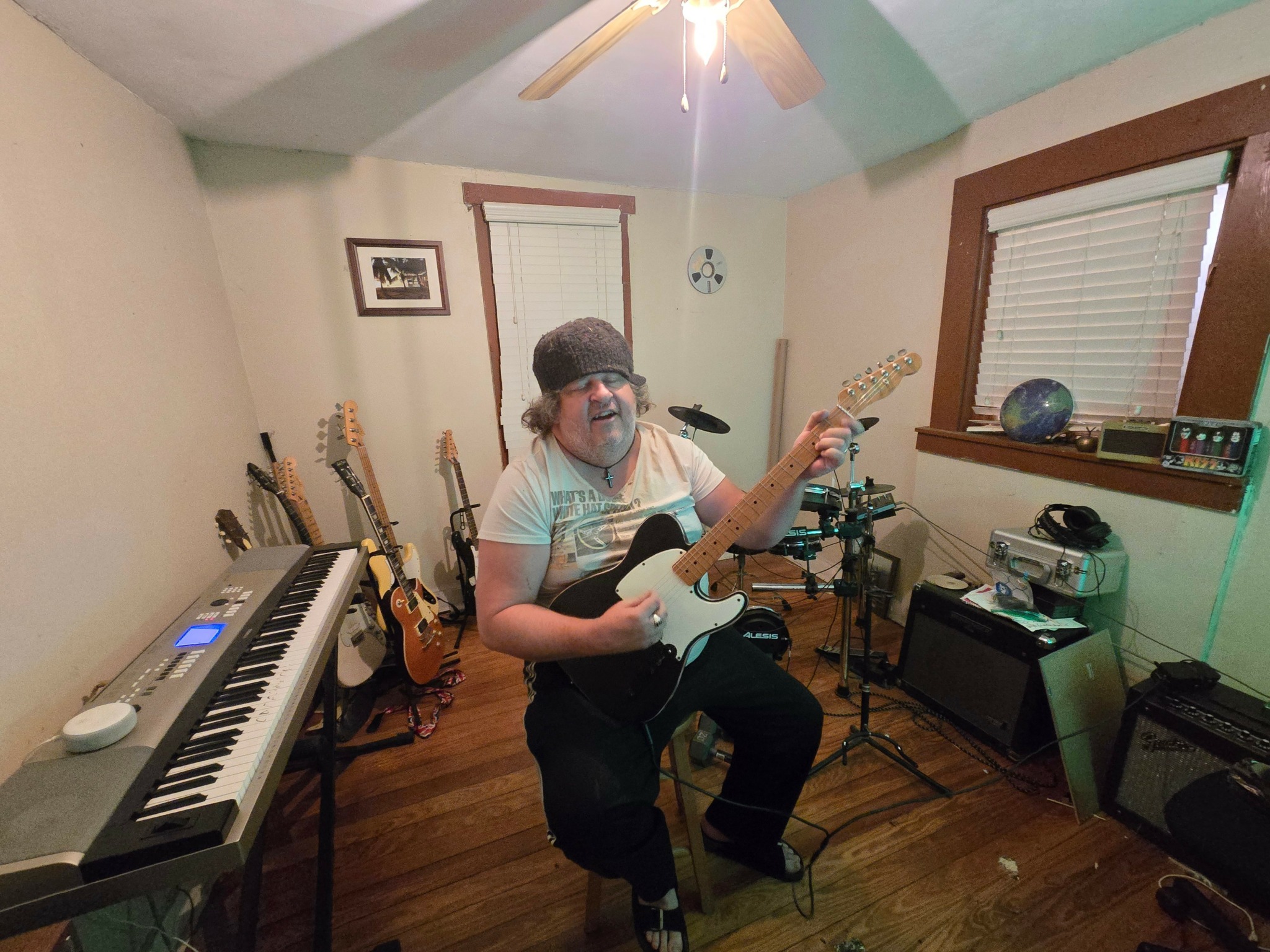
What can society do to ensure an environment that’s helpful to artists and creatives?
To truly support artists, I believe we need to revisit the 1996 FCC ruling that allowed just a handful of companies to own most radio stations in the U.S. This consolidation has greatly reduced local diversity in music and made it much harder for emerging artists to gain exposure. Before 1996, local DJs played a vital role in introducing new and regional talent to the public—a practice that has largely disappeared. As an example, my song ‘Once in a Blue Moon’ has received a lot of positive feedback at a local station where I work, but it still can’t be added to the official playlist due to these ownership restrictions. Reversing this policy would be a significant step toward helping artists and rebuilding vibrant local music scenes.
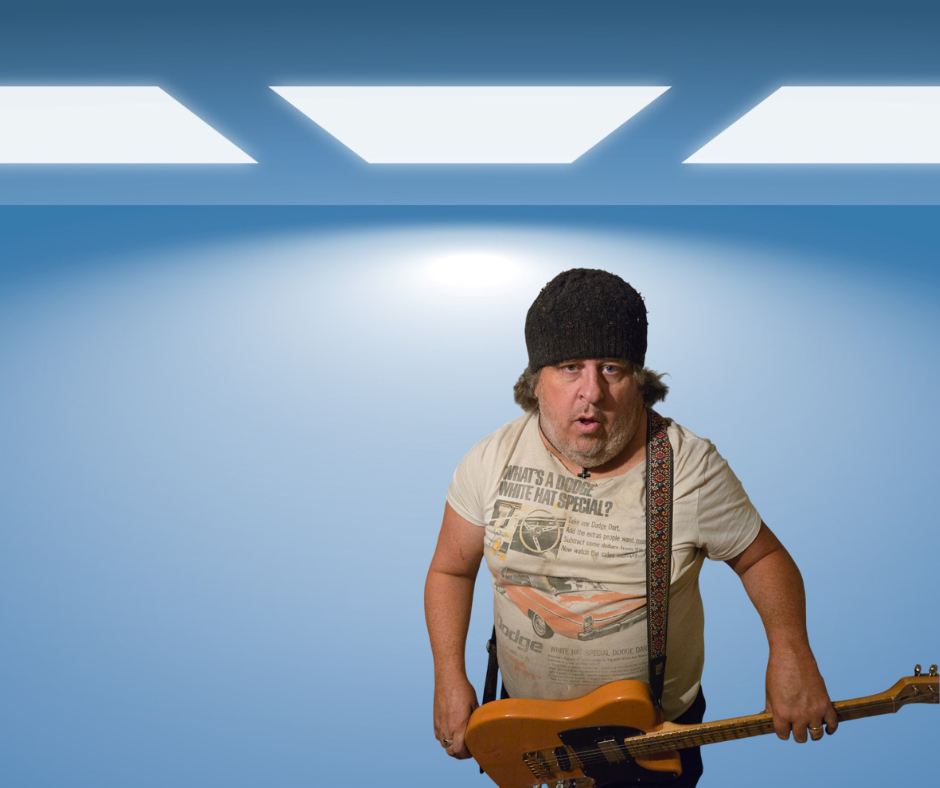
Are there any resources you wish you knew about earlier in your creative journey?
Looking back, I wish I had known earlier about resources that could enhance mix quality. In the early days, our focus was on playing and performing well, but we faced technical challenges with four-track and eight-track cassette systems that limited what we could achieve. Although the process was fulfilling, we often wished for simpler, more efficient ways to refine our recordings after performances.
Contact Info:
- Website: https://www.reverbnation.com/willfletcher
- Soundcloud: https://soundcloud.com/will-fletcher-instruction
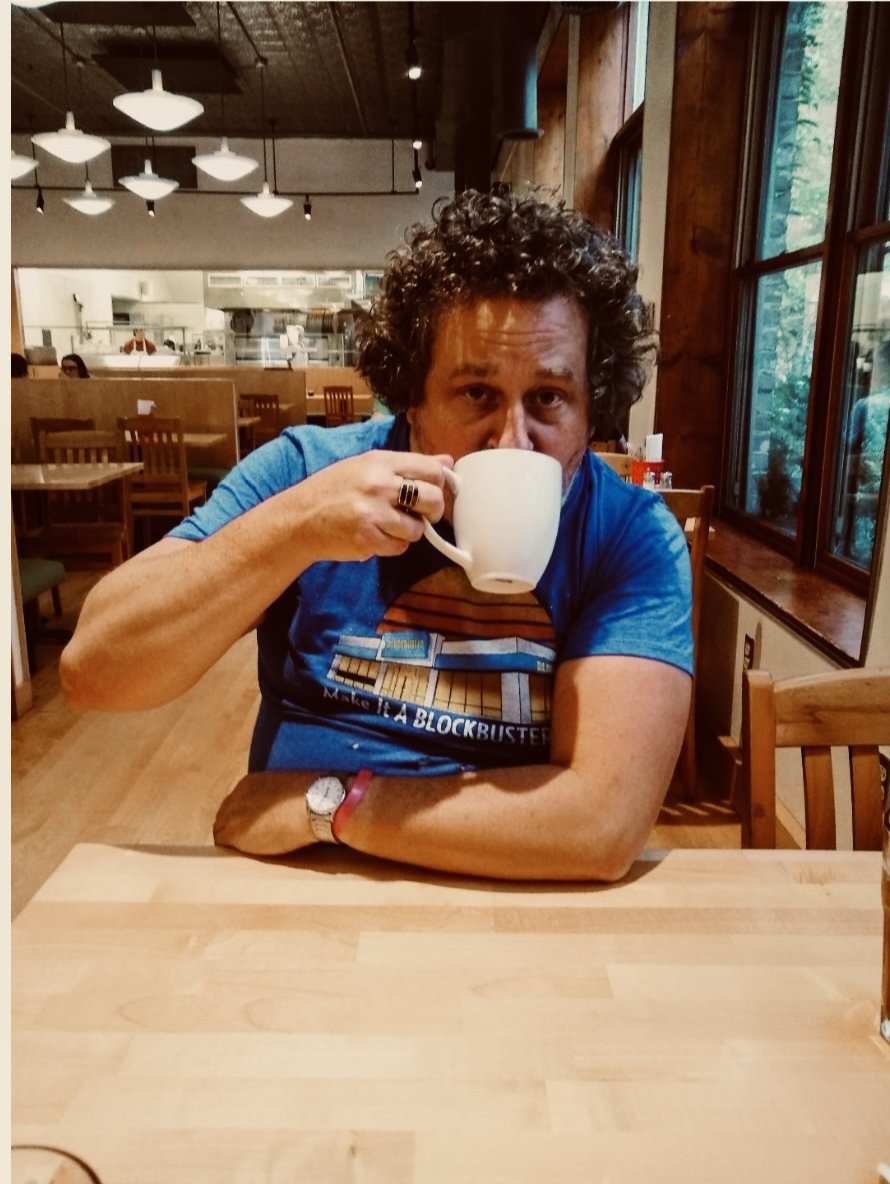
Image Credits
Will Fletcher, Daniel Nave


